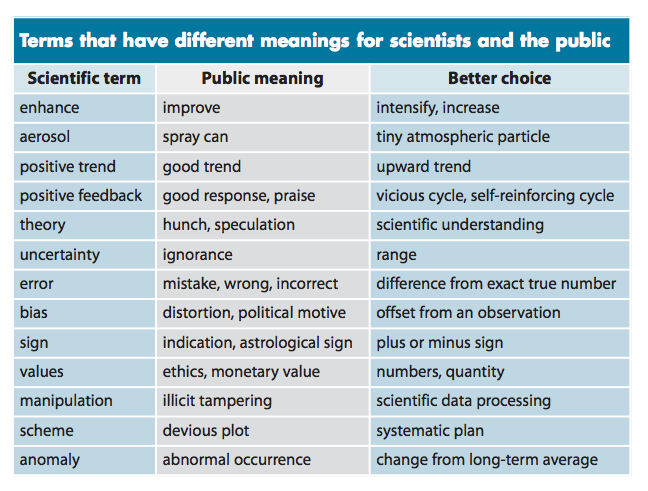A note on ‘Collapse’
There is a lot in the media at the moment about the ‘collapse’ of the West Antarctic Ice Sheet. See my previous blog post for more information. But when we talk about ‘ice sheet collapse’, what do we actually mean? When we talk of people ‘collapsing’, they fall down right in front of us in the street. Buildings collapse. Bridges collapse. It’s a very bad thing. Right?
Collapse: rapid, irreversible recession
When scientists talk about the ‘collapse’ of an ice sheet, they mean irreversible, rapidly increased rates of recession. The rates at which the grounding lines of the ice streams recede will increase. It’s a positive feedback cycle, a viscious loop that means that future recession of the ice stream is inevitable (see Marine Ice Sheet Instability and previous post). Given that Pine Island Glacier has a sea-level equivalent of 1.5 m and the West Antarctic Ice Sheet a sea level equivalent of 3.3 m1, this is something to be concerned about. The entire recession of the ice stream will still take centuries, but this is very difficult to model and there are huge uncertainty ranges with many unknown parameters.
Floating ice shelves have also been discussed using terms like ‘collapse’. Here, the ice shelves are thinned for decades from warm water from below, leaving them vulnerable during warm summers when melt water ponds on their surface. This can lead to rapid iceberg production and fragmentation and distintegration of the floating ice shelf over the course of weeks. This can have long-term consequences, as the tributary glaciers accelerate, thin and recede in response to their changed boundary conditions. Ice shelves ‘hold back’ or buttress these tributary glaciers, and once they’re gone, the glacier is destabilised and must find a new equilibrium. This adjustment can take decades, as we’ve observed on the Antarctic Peninsula.
Ice-stream collapse in West Antarctica
Mouginot and colleagues found that ice streams in West Antarctica are accelerating, with a sustained increase in ice discharge2. Ian Joughin and colleagues also suggested that Thwaites Glacier may be in the early stages of irreversible recession, but we are still some way from passing a threshold that resulted in dramatically higher rates of recession. They suggested that we are heading inexorably towards this threshold, which could be passed anytime in the next 250-900 years3 (we’re heading towards 250 years at the moment). Future modelling efforts will reduce the timescale range, and the rates of ice-sheet recession that will occur once this threshold has been passed. This work is not unprecedented, and follows decades of work and several recent papers discussing marine ice sheet instability in West Antarctica (e.g., references 4, 5, 6).
Ice streams of Antarctica with Pine Island Glacier and Thwaites glacier highlighted.
‘Collapse’ is slow
But the West Antarctic Ice Sheet will be with us for some time yet. The West Antarctic Ice Sheet is not going to melt away tonight, this decade, this century or even next century. But this work is certainly alarming; the IPCC did not include ice dynamical changes such as these in their future sea level predictions. This research indicates that rates of sea level rise over the next few centuries could be very rapid. London is unlikely to flood anytime soon, but small changes in sea level exacerbate storm surges, increase coastal erosion, and flood low-lying areas in places without barrages like London. Future generations will face significant challenges associated with sea level rise. We should be concerned about this, and we should try and consider ways in which we can reduce the melting of these ice streams. That means combating climate change.
A better word for collapse?
This post brings to mind the work of Somerville and Hassol7, who suggested a series of words that could be better used for science communication. I include their table below. Perhaps we should find a better word for ‘collapse’. ‘Irreversible melt’? ‘Irreversible decline’? ‘Rapid, irreversible recession’? It just doesn’t have the same ring. Any other suggestions? Answers in the comments.



